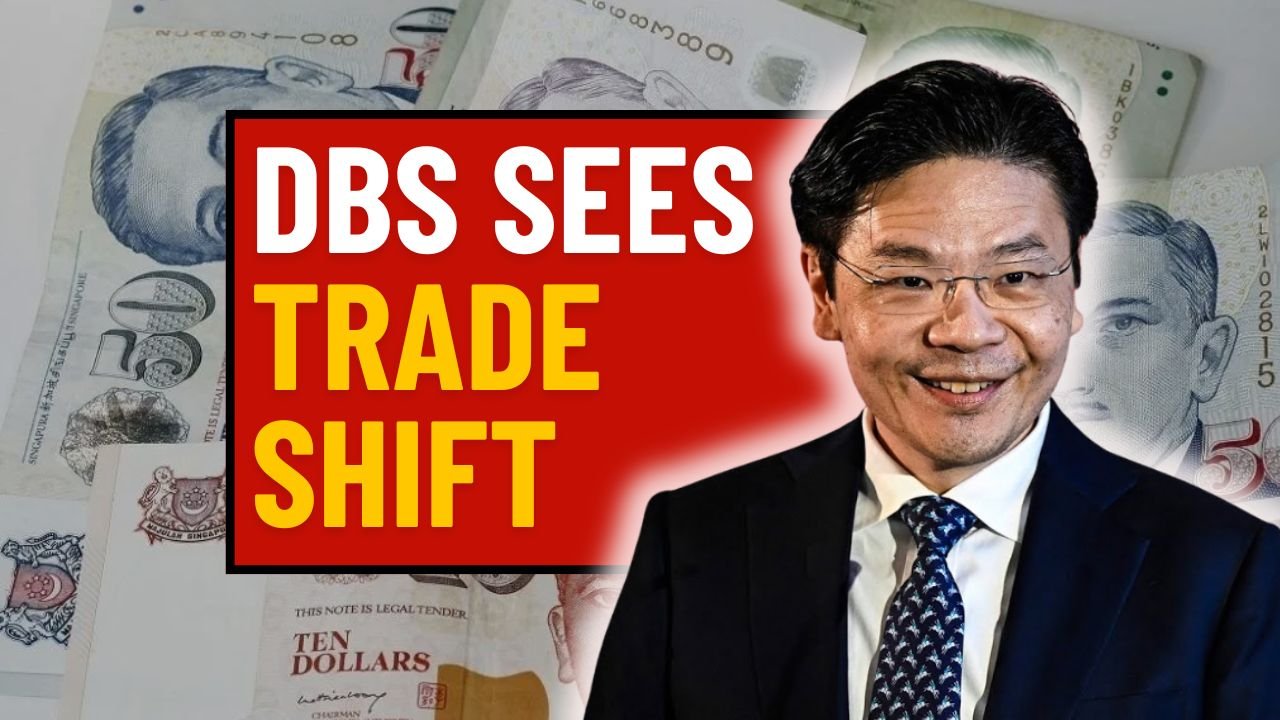In response to the recent tariff escalations imposed by U.S. President Donald Trump, DBS Group Holdings Ltd., Singapore’s largest bank, predicts a surge in trade flows spanning Asia, the Middle East, and Africa. As businesses reevaluate global supply chains in light of growing protectionism, DBS is positioning itself to assist clients in navigating and adapting to the new commercial terrain.
Strategic Connectivity Poised to Deepen Across Continents
Speaking at the ASEAN Investment Conference held in Kuala Lumpur, DBS Chief Executive Officer Tan Su Shan emphasized the bank’s commitment to fostering greater connectivity across these regions. According to her, the shift in trade dynamics will gradually unfold, but the bank is prepared to facilitate the emergence of new trade networks and supply chains that bypass traditional routes impacted by tariffs.
DBS Charts a New Course Amid Policy Shocks
Tan Su Shan, who recently stepped into the CEO role in March following the retirement of Piyush Gupta, acknowledged that it remains too early to fully grasp the long-term ramifications of the U.S. tariff policies. However, she stressed that DBS is ready to adapt to changing client needs as companies across Asia begin to explore alternative avenues for growth and resilience.
Tariff Turbulence Sparks Conversations Among Regional Leaders
The tariff developments by the United States dominated discussions at the conference, where Southeast Asian policymakers and business leaders gathered to assess the economic implications. Malaysian Prime Minister Anwar Ibrahim highlighted the importance of deeper collaboration among ASEAN nations to cushion against global shocks and ensure regional stability.
Regional Cooperation Seen as Key to Economic Recovery

Prime Minister Anwar emphasized that ASEAN’s collective strength could play a vital role in mitigating the disruptions caused by external forces. His remarks underlined the urgency for member states to intensify their partnerships, enhance infrastructure, and diversify trade routes in the wake of rising trade barriers.
Global Companies Seek Long-Term Sustainability
Ben Hung, President of International at Standard Chartered, also addressed the audience, warning that prolonged tariff regimes could erode corporate profitability. He stated that companies cannot sustain elevated trade costs indefinitely, and that the resulting strain could prompt strategic shifts in production and sourcing across industries.
US-China Relations Remain Central to Global Economic Outlook
Hung further noted that the global economy’s future hinges significantly on the stability and success of the United States and China. Without strong performance from both superpowers, he argued, the path to shared prosperity becomes increasingly uncertain, and nations worldwide may feel the ripple effects of their deteriorating trade ties.
DBS Sets Sights on Building Resilient Trade Links
As the trade landscape continues to evolve, DBS is focused on aligning its services with the needs of businesses seeking new opportunities in emerging regions. The bank aims to be a key facilitator in building sustainable supply chains that can endure the impact of geopolitical shifts and provide clients with long-term growth prospects. With uncertainty looming over traditional trade corridors, financial institutions like DBS are stepping up to ensure businesses can remain agile and competitive in an increasingly fragmented global market.

